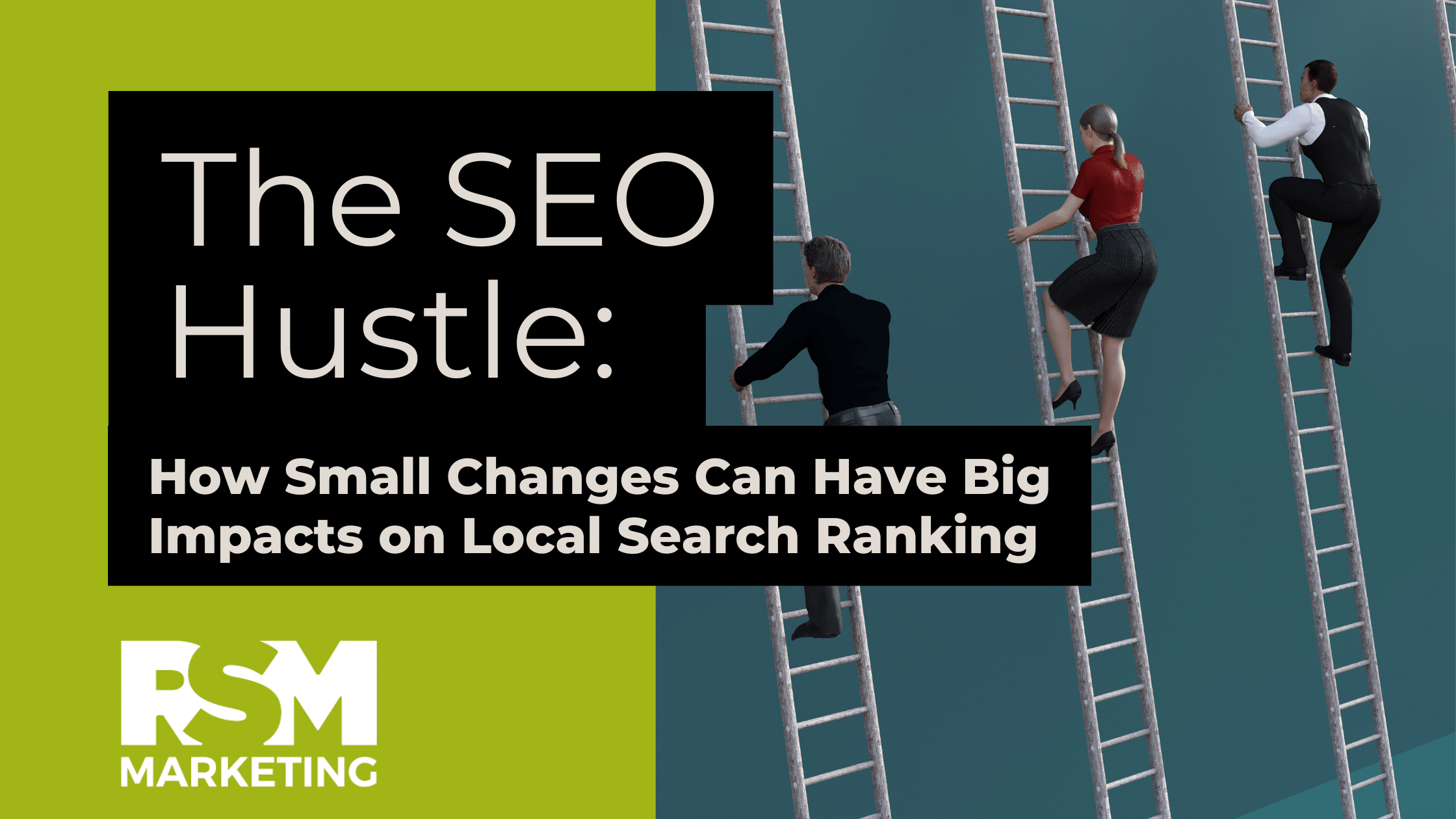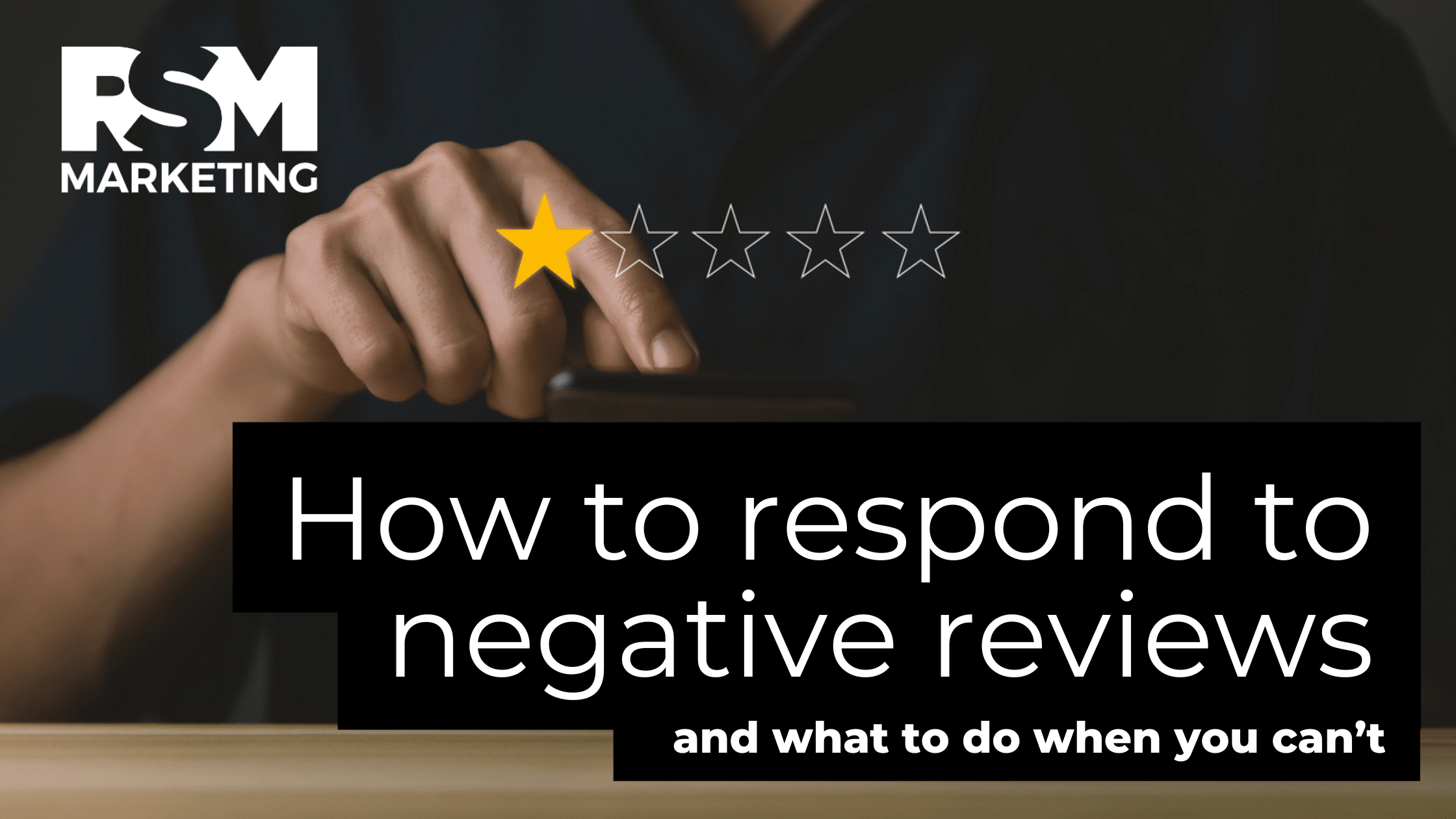Around 65% of searchers click on pay-per-click (PPC) ads, making them a vital digital marketing tool. However, managing PPC can be a complex and time-consuming process. These tips will help you put your best foot forward and maximize your ROI with minimal effort.
1. Monitor Your Ad Position Score
Several factors play into your ad position score. This score is based on how well you’re doing in the auction that gets triggered when someone searches for a term related to what you sell.
If you want to improve this metric, begin by looking at your clickthrough rate (CTR). If that’s too low, try improving your quality score. If you can’t seem to improve that, then consider lowering your bids.
Expert Tip: To improve your ad position score, consider using an automated bid management platform to set bids that ensure you’re getting the best possible results.
2. Improve Your Quality Score
Many digital marketers will be familiar with their quality scores since it’s how Google rates your site’s relevancy when someone searches for terms related to what you sell. The same goes for PPC.
Improve your quality score by ensuring that you have a relevant ad and landing page with highly targeted keywords in the ad text, title, and description. You can also improve CTR to help you improve your quality score since it shows Google that people are clicking on your ads.
Expert Tip: If possible, include a strong call-to-action (CTA) in the ad text and on the landing page so you can increase conversions even further.
3. Take Advantage of Landing Pages
There are some proven tactics for optimizing your landing pages, but one of the most essential is ensuring that you include all relevant products or services in their unique landing pages. This way, you can fit more relevant keywords in the ad text while ensuring that people who come across your ads can easily find what they’re looking for.
Expert Tip: The more specific you can be with your landing page, the better off you’ll be since it will have a higher chance of being relevant to each person who lands on it.
4. Use Negative Keywords Efficiently
One of the most common mistakes advertisers make is failing to use negative keywords effectively. Negative keywords are search terms that sound like they’re related to your topic or product, but they’re not.
Imagine a hobbyist website selling geodes and crystals placing the search term “red rocks” on their Google Ads. When someone searches for that term with the hopes of buying a ticket from a similarly named amphitheater, they’ll be disappointed once they end up on a website selling literal red rocks instead.
That’s considered a wasted paid click because it never led to a conversion.
The goal with your negative keywords is to make sure you’re excluding as many irrelevant queries as possible. You can prevent having a high cost-per-click (CPC) and be more focused on getting conversions from people who are most likely going to buy or take whatever action you want them to take.
Expert Tip: To find out what negative keywords you should be using, search for the most relevant terms to your business and see what type of ads show up.
5. Update Your Keyword List Often
One of the biggest problems digital marketers face is that they typically fail to update their keyword list often enough. Always consider updating your keyword list as much as possible to increase your chances of finding new keywords to utilize. It can also help increase ROI by making sure that you include only the most relevant keywords.
Expert Tip: Try to come up with at least ten new keywords every week so that your keyword list doesn’t stagnate and is always up-to-date with what people are searching for when they search on Google (or your ad platform of choice).
6. Have a Secure and Accessible Website
If you want to get the highest possible quality score for your ads, having a secure and accessible website is crucial. This means it should start with HTTPS:// and include server security to prevent any potential malware from being installed on your site without your knowledge.
Expert Tip: While this will not immediately impact your PPC success, having a secure and accessible website will help protect both your site and your customers, which is an essential part of running an online business.
7. Conduct A/B Testing Regularly
Another important part of keeping your PPC accounts optimized is to conduct regular A/B testing. Using the same principles behind successful marketing, you can achieve better results by testing multiple ad copies and different landing pages against each other to see what works best for your business.
To find out what works best for your company, try creating an ad group with two different ads and then create a landing page for each ad in that group.
Expert Tip: Use Google Analytics to determine which one is performing better after running the campaign long enough, then use that best-performing ad copy/landing page combination for your new test.
8. Measure for Key Results
When it comes to PPC optimization, it’s important to measure key results. While this sounds simple, there are several ways you can monitor your campaign performance depending on what your end goal is, whether it would be average position or clicks per day.
Expert Tip: To get the most out of your PPC efforts, make sure you know which metrics will help improve your overall ROI and optimize your campaigns based on those metrics.
9. Make Sure Your Ads Are Mobile-Friendly
With more people than ever using their mobile devices to conduct searches, your ads must be optimized for mobile, so they show up in the top spots of search results when someone conducts a query via Google or most other search engines.
Having a poorly optimized ad on a mobile device could also lead people to click where they wouldn’t be able to find whatever they’re searching for.
Expert Tip: Be sure to adhere to Google’s mobile best practices when creating and optimizing your ads so you can give yourself a better chance at being one of the top-ranked ads.
10. Use Ad Extensions
Finally, using ad extensions will give you the best chance at having your ads show up in high positions because it can help increase the relevancy of your ads. This is especially important if there are several other competitor ads for your given keywords.
Extensions can include anything from site links to callouts and pricing, so they give your ads a better chance at standing out.
Expert Tip: Keep in mind that some of these extensions may apply only to certain countries or regions, though, so check out Google’s Ad Extension Guide.
Bottom Line
PPC can be an amazing way of reaching new audiences and boosting your marketing performance. However, they need regular attention and optimization to ensure stellar results. By trying out these optimization strategies and investing the time to review your campaigns, a better advertising ROI will always be within reach.
Wondering how much it costs to advertise on Google? The answer is more complicated that you might think. Read this article to learn more!





